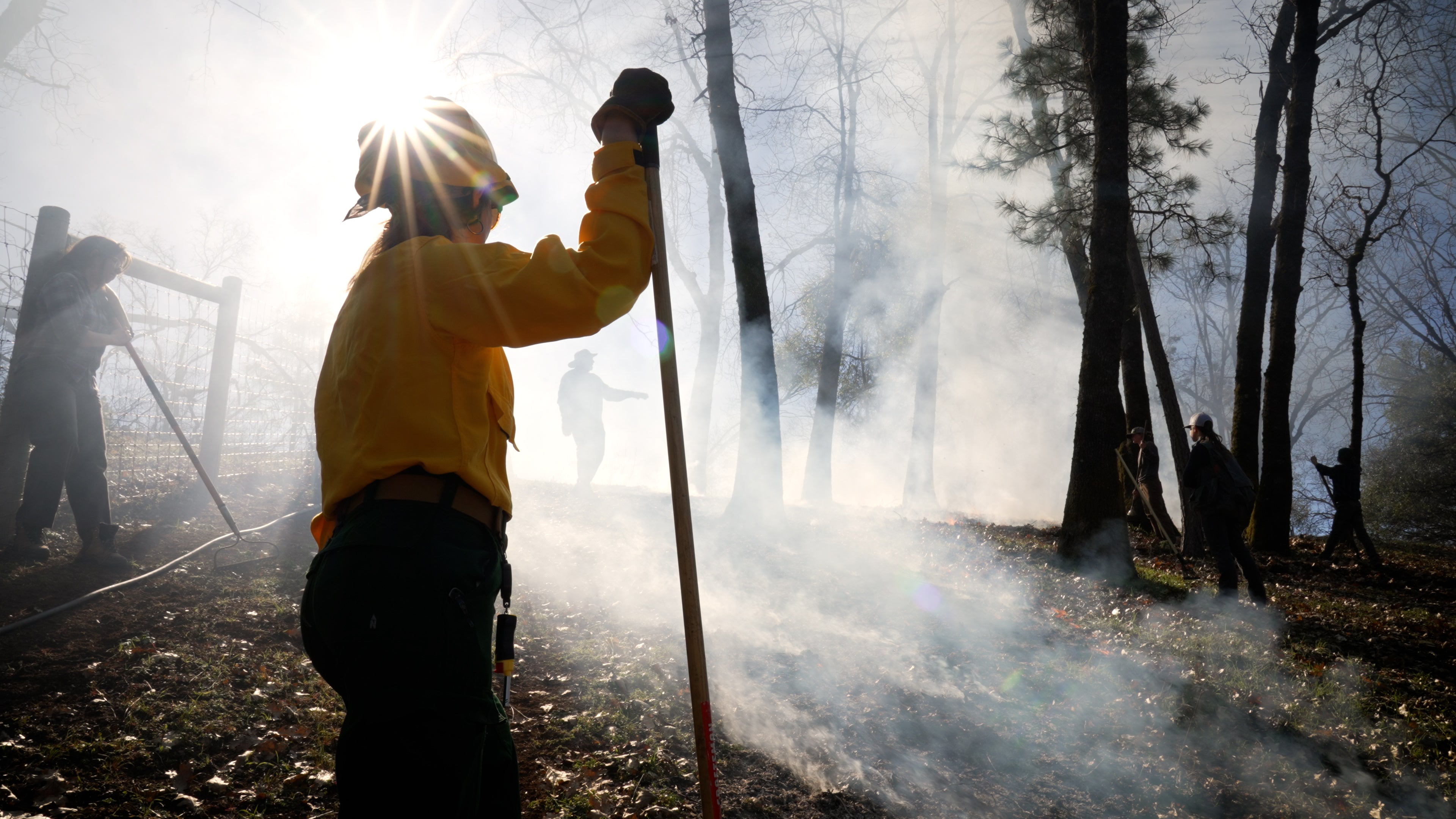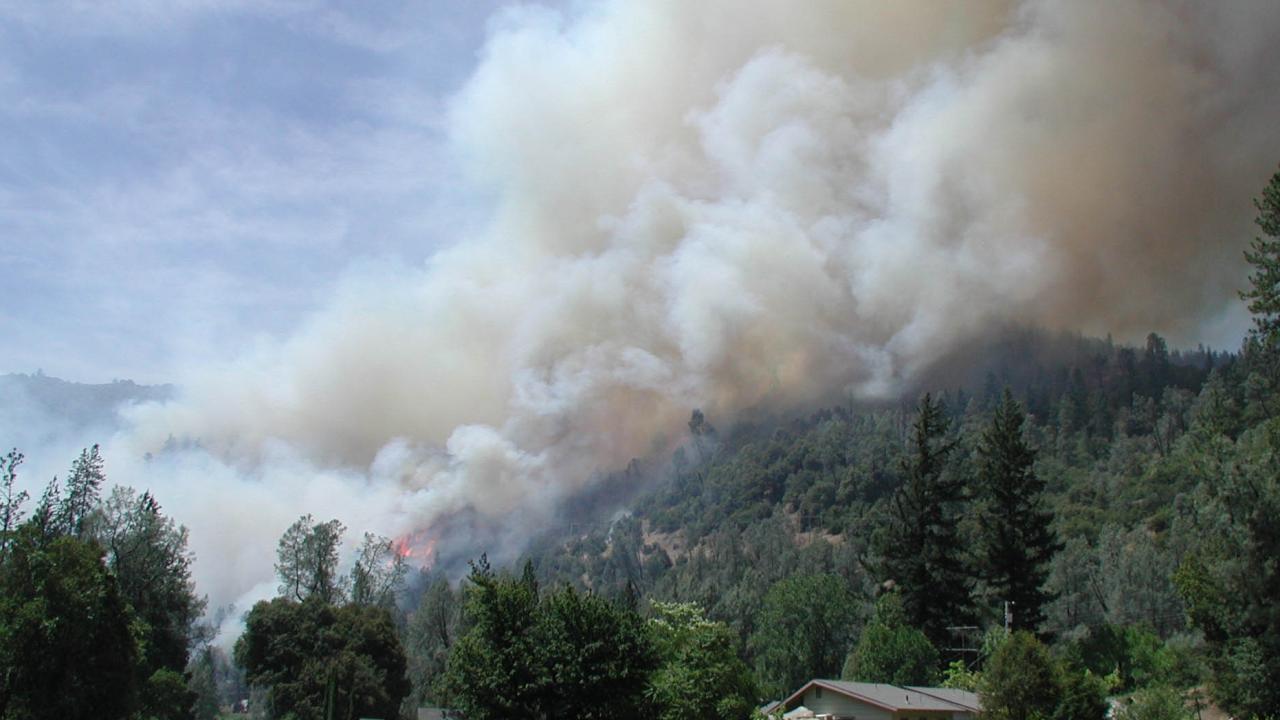UC Davis Professor Emeritus Mark Schwartz takes a thoughtful look at where society should invest its wildfire solutions in “Rethinking Risk and Responsibility in the Western Wildfire Crisis,” an article published today (Dec. 20) in the Stanford Social Innovation Review.
The article examines an often minimized piece of the wildfire challenge: the role of private property owners in the wildland-urban interface, or WUI, and the mixture of information, incentives and penalties policymakers should consider to help them and their homes be more adapted and resilient to wildfire.
“We do not have a western wildfire crisis, we have a social crisis in the WUI revolving around ecosystems, management, climate change and fire,” Schwartz said.
Most wildfires don’t take place in the forest but in the WUI. They often start there, too, with human ignitions that spread from private to public lands.
Increasingly, the most destructive fires aren’t in coniferous forests but in grasslands, shrub lands and woodlands that are adapted to and need fire to be healthy. However, homes in these areas are typically not adapted to wildfire.
Helping landowners establish defensible space and home hardening techniques — and creating the social change needed encourage those actions — could be a large step toward managing wildfire challenges.
“To begin, we must ask, ‘How we can create an environment that reduces the risk of loss of life and property damage when there are wildfires,’ rather than ‘How do we eliminate wildfires,’” writes Schwartz.
An excerpt:
We need a better understanding of what motivates people. Understanding the home hardening/insurance trade-off that landowners face is a key component of developing strategies to encourage hardening. Striving for policies that balance the roles of utilities, local governments and the insurance industry in helping homeowners increase fire resilience is also critical. Finally, society must grapple with social equitability issues when the cost of the challenge exceeds the capacity of many in society to bear.

Related: Landowners Learn to Burn
Empowering property pwners to conduct prescribed burns
Media Resources
Kat Kerlin is an environmental science writer and media relations specialist at UC Davis. She’s the editor of the “What Can I Do About Climate Change?” blog. kekerlin@ucdavis.edu. @UCDavis_Kerlin
